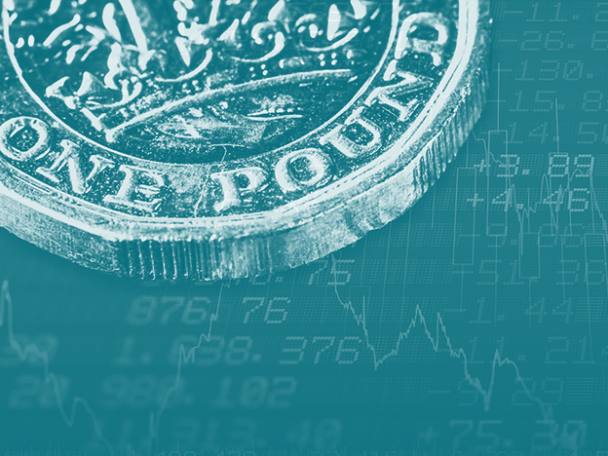- UK GDP increased by 0.1 per cent in the first quarter of 2023
- The economy has returned to its pre-pandemic level of GDP, but has it really ‘recovered’?
How did the UK economy escape recession?
First, the technical answer. An economy is only officially in recession when it has seen two consecutive quarters of negative economic growth. Since UK GDP increased by a very marginal 0.1 per cent in the fourth quarter (Q4), this week’s first-quarter figures could never have satisfied the ‘two consecutive quarters’ rule. But as it turns out the economy expanded by another 0.1 per cent in Q1 – far better than many forecasters expected only months ago.
Can we stay out of recession?
Although growth like this isn’t much to write home about, it is, crucially, still positive. Forecasters at the EY Item Club expect the economic outlook to improve further over the summer thanks to falling wholesale energy prices and the effects of fiscal loosening from the Spring Budget. Even if the economy contracts next quarter, a return to positive growth over the second half of the year should spare us an ‘official’ recession.
But fragile economic growth is easily derailed. EY economists said that “whilst recession is off the immediate agenda, growth is still marginal, the outlook is still in the balance, and businesses should still be prepared for another testing year”.
And although the economy expanded in Q1 overall, data for March was more disappointing, showing a 0.3 per cent month-on-month contraction. Economists speculate that higher interest rates and bad weather dampened activity – and given last week’s rate hike, worse could be yet to come.
Analysis from Capital Economics suggests that around two-thirds of the drag on activity from the rise in interest rates has yet to feed through, meaning that the economy could weaken even as the hiking cycle comes to an end.
There is also a chance that inflation stays higher than expected this year. Although the BoE’s latest forecasts showed a more optimistic outlook for growth, they also suggested a sticker downward path for inflation. This could ultimately mean further rate hikes – and a weaker economy as a result.
What about a rolling recession?
Even if we avoid a technical recession, we could still see pockets of decline in the economy. There is growing interest in the idea of a “rolling recession”, where the economy as a whole skirts a recession, but individual sectors contract in turn.
EY economists said last month that as the economy experiences headwinds, “waves of pressure will hit with exceptional strength in exposed sectors”. The UK economy certainly navigated choppy waters over the past few years: in 2021, supply chain issues affected industrial sectors, while in 2022, rising inflation and low consumer confidence hit retail. EY analysis suggests that in 2023, the pressure could come from the lagged impact of rising interest rates.
Economists at EY said that “the rapid increase in interest rates and the rising cost of capital is already hitting the wider economy, as well as triggering flash points in financial services and flattening activity in capital markets”. They added that risks are also building in asset-heavy areas like real estate. Even if the overall economy is buoyant enough to avoid a recession, these sectors could still decline over the months ahead.
Has the UK economy recovered from the pandemic?
The question of a post-pandemic recovery depends on how you measure it. By monthly data, things look OK. Thanks in part to data revisions from previous months, the UK economy ended February 0.3 per cent above its pre-Covid level – as the chart shows. But looking at quarterly data, the picture is less positive. Following the latest GDP figures, economists at Pantheon Macroeconomics noted that the UK remains the only G7 economy in which quarterly GDP has not recovered to its pre-Covid-19 peak yet.
We also need to take ‘lost’ growth into account. Investec economist, Ellie Henderson, pointed out that we would usually expect to experience a 1.5 per cent growth rate per year. “When this is factored in, the size of the UK economy is still far short of where it would have been in the absence of the pandemic” she said.










